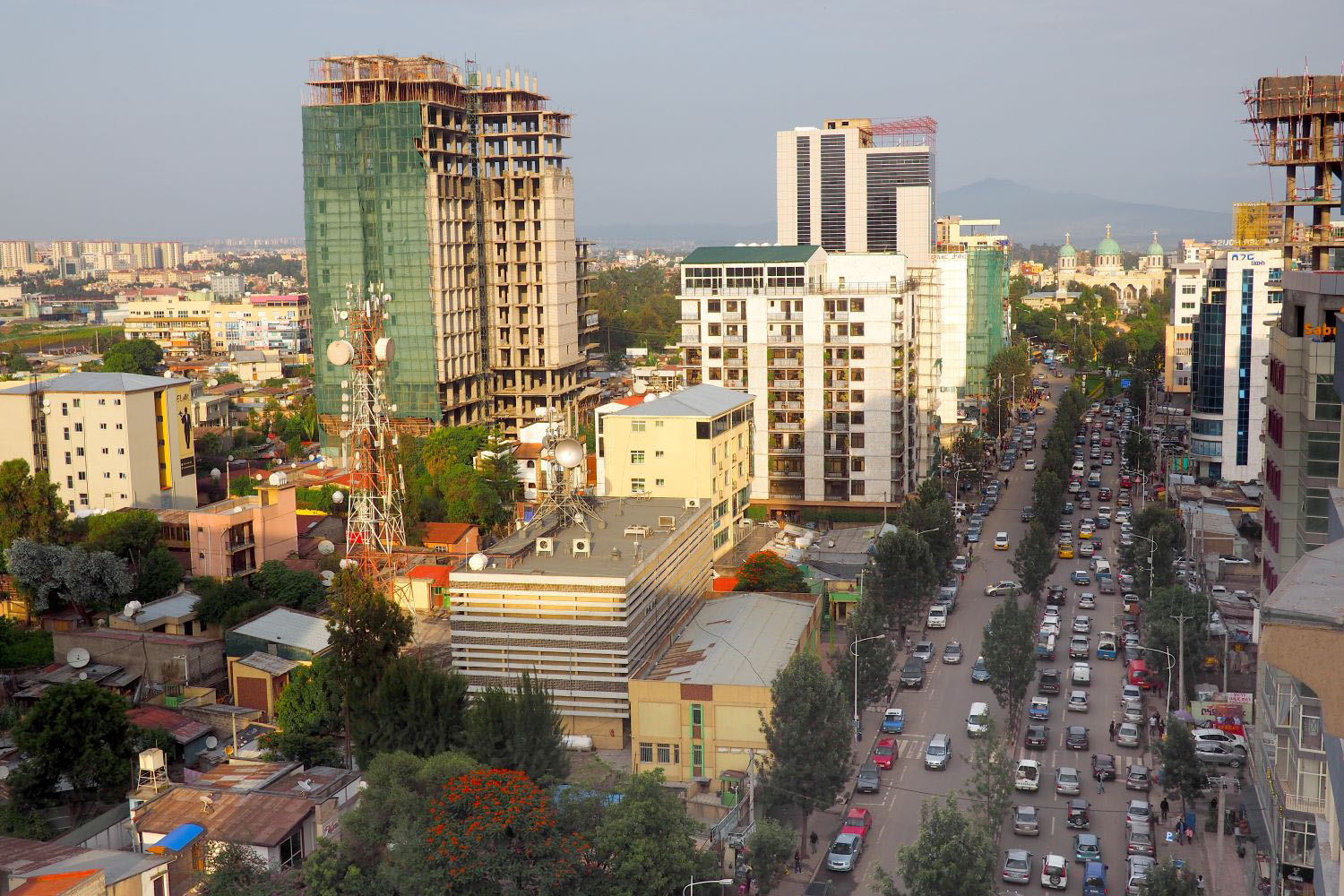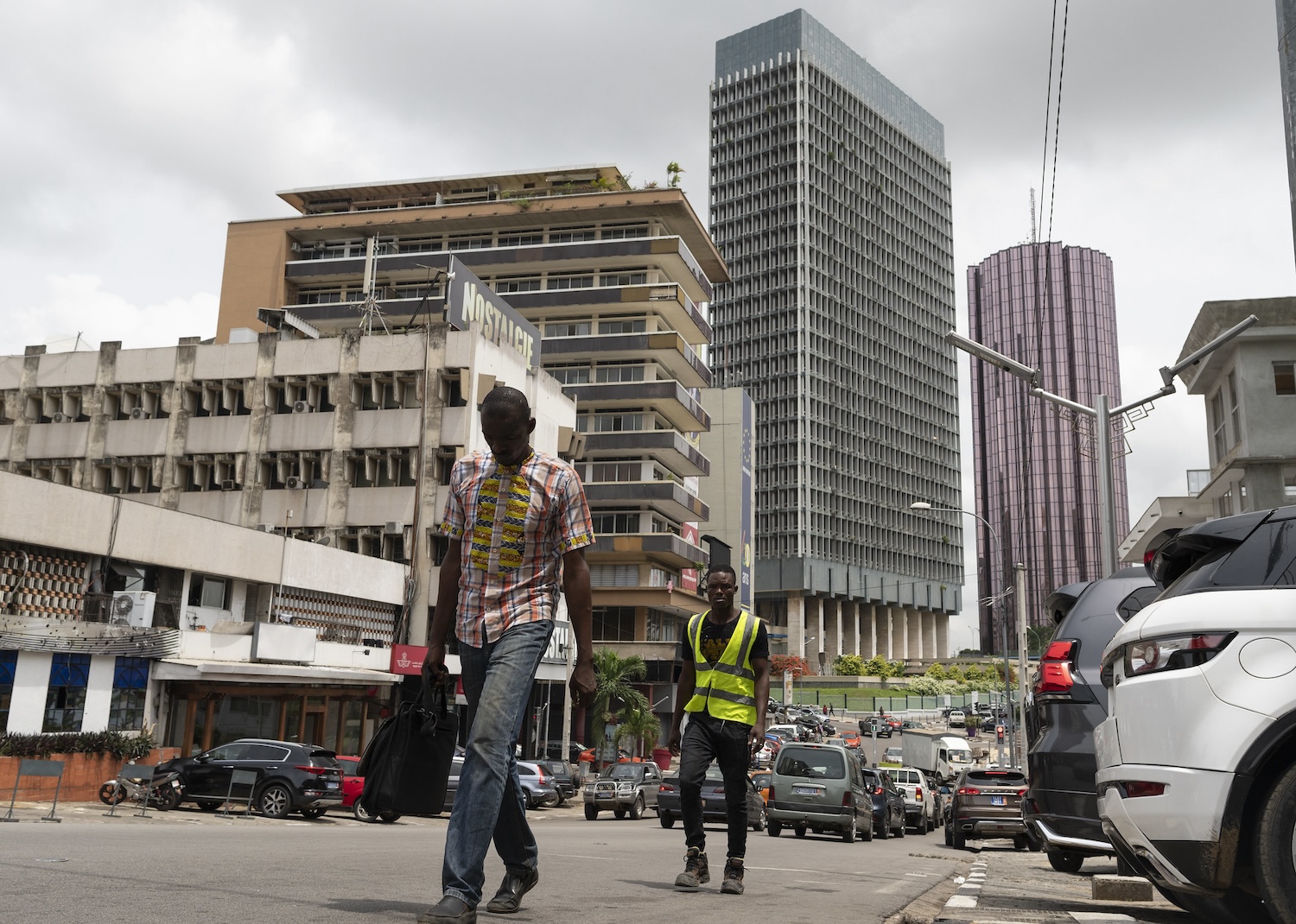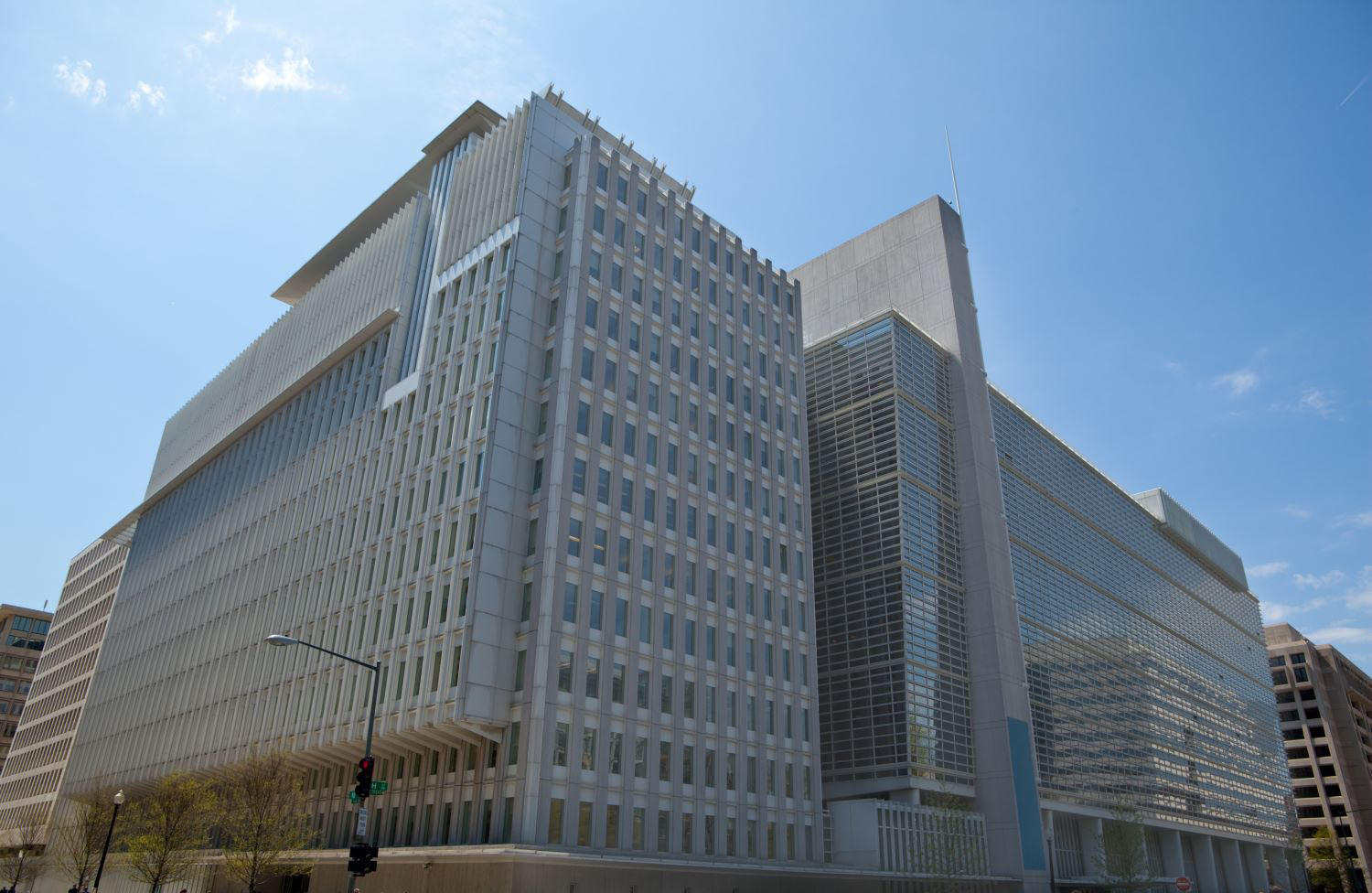Professor Daniel Bradlow presented his ideas for reforming the IMF at a workshop on Friday organized by the New Rules for Global Finance coalition. Based on his paper - The Changing Role of the IMF in the Governance of the Global Economy and its Consequences (pdf) - he argued that the IMF has slowly mutated from a global monetary organization into a macro-economically oriented development financing institution but has not yet sufficiently recognized the implications of these changes. As a result, its decision-making and governance structures, and its existing interpretation of its mandate, no longer fit well with its current functions. He identifies five consequent “distortions” that are undermining its effectiveness:
- legal problems such as the principle of uniformity of member treatment and the lack of clarity of how political considerations are taken into account in IMF decisions;
- relations with industrialized countries, which he notes are now only suppliers of financing to the IMF, with little need to heed its advice;
- relations with those developing countries that are heavy consumers of IMF financing, where the IMF, in its gatekeeper role, has become much more heavily involved in the policy dialogue without corresponding changes in its way of doing business and accountability,
- relations with citizens of member countries (where there is no effective accountability now that the range of policy discussions has stretched well beyond ministries of finance and central banks, and where clear channels of communication for non-state actors are lacking); and
- relations with other international organizations.
In discussing the possible solutions to these underlying problems, Bradlow rejects the option of abolishing the IMF as unrealistic, since an increasingly integrated global financial system needs an international institution with the appropriate mandate. But he argues that a focus on changing specific IMF policies, without addressing the problems with the governance structure that determines these policies will be insufficient. Instead, he recommends comprehensive reforms based on the same principles of good governance--transparency, participation, effectiveness, and accountability--that the IMF itself advocates for national and sub-national governments. He divides the reforms into a short, medium, and long-term agenda, but in each case they would include (1) actions to make the IMF more responsive to its developing country member states (including changes in the voting structure); (2) making the IMF more accountable (including full transparency of Board discussions); (3) clarification of the IMF mandate (which may include a reconsideration of the division of responsibilities with the World Bank); and (4) actions to improve coordination with other international agencies.I think Bradlow is right that the IMF’s structure and operating practices are out of line with its current functions. But while many of the reforms he recommends--especially the changes in the structure of the Board--would improve the situation, the functions also need to be reexamined. In particular, the IMF’s surveillance role needs to be strengthened to give it greater relevance to the whole membership. The IMF has already begun some modest steps in this direction, but more is needed. Otherwise, the IMF's future will indeed be limited to that of as a “macro-economically oriented development institution”.
CGD blog posts reflect the views of the authors, drawing on prior research and experience in their areas of expertise.
CGD is a nonpartisan, independent organization and does not take institutional positions.





